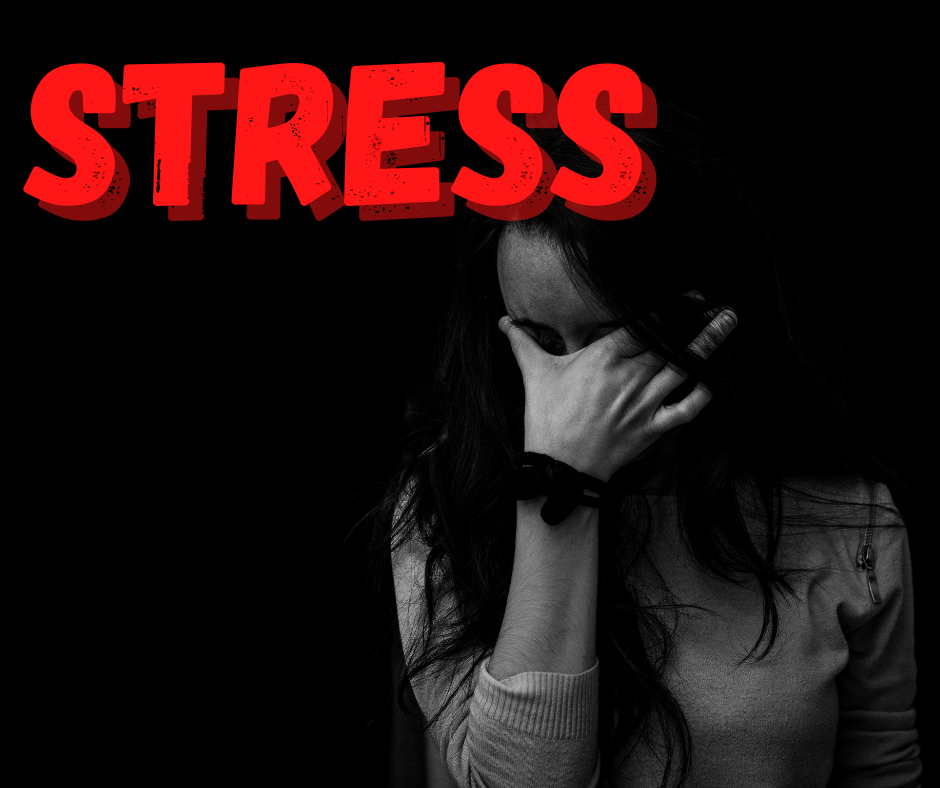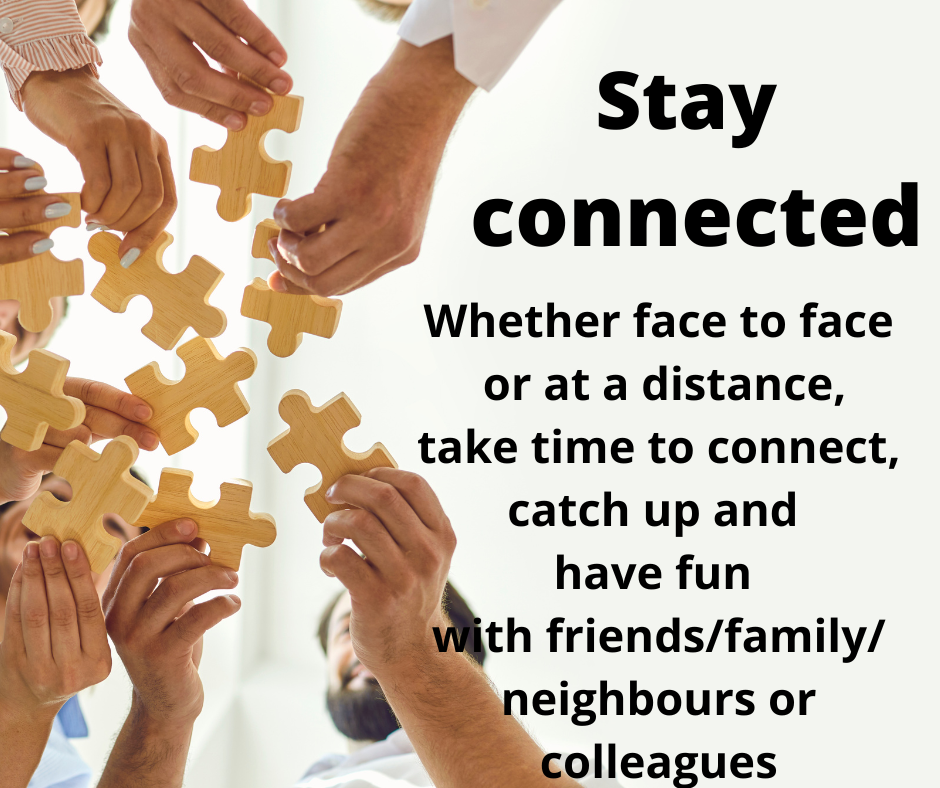I would argue that all the ‘pillars’ of your health and wellbeing are built on the vital foundation of sleep. Without sufficient sleep:
- The other ‘pillars’ have a tendency to crumble.
- You will find it is much harder to prioritise and enjoy the other aspects of wellbeing.
- You can damage both your physical and mental health in both the short and long term.
- You will have a higher risk of feeling stressed, making poor food choices, choosing to sit around instead of enjoying a fun and active lifestyle, and neglect your social connections.
A quick search online will offer up many suggestions for the ‘essential pillars’ of good health ranging from 3 to 12 or more.
In my opinion, there are several pillars of your well-being which it is important to take care of in order to look after your physical, emotional and mental health:

- Diet and nutrition
- Exercise or physical activity
- Relaxation and stress management
- Social connections
- Fun
- Sleep.

Diet and Nutrition
I know from experience, that when I have not had enough sleep, it is much harder to choose healthy foods. Instead, I have a strong craving for high calorie foods. Food high in fats and sugars such as chocolate, cakes and biscuits. I also eat much more when I am tired in order to ‘keep my energy levels up’. I’m guessing that your experience may be similar.
There is scientific proof and a scientific reason for this. Sleep is essential for regulating the hormones which affect your feelings of hunger and fullness. Insufficient sleep causes increased levels of Ghrelin which triggers hunger, meaning that we feel hungrier than normal if we don’t sleep enough. Insufficient sleep also results in reduced levels of Leptin which tells us when we are full. This means that if we don’t sleep enough we don’t realise we are full as quickly as normal. The combination of these two factors means that, without enough sleep we feel hungrier and don’t know when we are full. Of course, if we are awake longer, there is also more time available to eat more food.
To make matters worse, lack of sleep also increases our desire for fatty/sugary foods, decreases our ability to burn fat and increases stress which tells our bodies to store fat. In summary, in order to maintain a healthy body weight and to making healthy food choices for your wellbeing, sleep is vital.

Exercise or Physical Activity
When you are tired, do you want to get out for a walk/run? Do you feel the urge for a workout? Or do you feel the need to sit down and watch TV/binge-watch a box-set? I know which I want to do when I am tired.
If you don’t get enough sleep, your energy levels are naturally going to be depleted. Low energy makes it much harder to find the motivation to enjoy an active lifestyle. Paradoxically, physical activity helps you to sleep better so a lack of activity can mean that you don’t sleep so well.
Even if you are tired, it is important to try to at the very least, get out for a walk, ideally in the morning so that the daylight can help to set your sleep pattern.

Relaxation and Stress Management
Your first instinct may be to think that the temptation to sit around when you are tired means that relaxation comes easily when you are tired. But that’s not necessarily the case as poor sleep tends to lead to increased stress.
According to a report on the website of the American Psychological Association, 21% of adults reported that when they do not get enough sleep, they feel more stressed. The same report found that of those adults who already reported a high level of stress, 45% found that they felt more stressed if they did not get enough sleep. Ironically, stress and sleep have a cyclical relationship as stress can also impact on your quality of sleep. We all know that stress is bad for us, physically, emotionally and psychologically.
Personally, I know that when I have not had enough sleep, I feel more stressed, get overwhelmed more easily, snap at others more easily, get upset more easily at things which would not bother me if I have had enough sleep, tend to overthink everything and make poor decisions based on insecure thinking rather than trusting my instincts. Maybe you can relate to some of this too.
Sleep is therefore essential to helping you manage your stress levels, keep the negative effects of stress to a minimum, cope better with daily life, avoid feelings of stress and overwhelm and enable you to prioritise healthy rest and relaxation.

Social Connections:
Social connectivity and social support are essential to your emotional and psychological health and wellbeing. Yet, when you do not get sufficient sleep, it can be hard to motivate yourself to go out, to socialise, to meet people, to attend groups or clubs. You may also be more irritable or difficult company which may make it harder to make and sustain friendships. Once you start to skip group sessions or cancel social occasions, it tends to become a bit of a habit to do so. It then becomes harder and harder to get back into your usual social patterns and support groups.
Sleep is therefore essential in helping you to maintain, strengthen and develop vital social connections.

Fun
We all need fun in our lives. When we are tired and life seems to be hard work, it is much harder to make time to have fun and, when we do fun things, they may not be as enjoyable as they would have been if we had not been so tired.
So, in the interests of creating and enjoying the fun side of life, you need to make sleep a priority.

Health
According to Matthew Walker’s astounding and fascinating book entitled ‘Why We Sleep’:
‘Two-thirds of all adults throughout all developed nations fail to obtain the recommended eight hours of sleep nightly.’
‘Routinely sleeping less than six or seven hours a night demolishes your immune system, more than doubling your risk of cancer.’
‘Insufficient sleep is a key lifestyle factor determining whether or not you will develop Alzheimer’s disease.’
These few facts are just a very small sample of the significant health impacts of insufficient sleep cited in Matthew Walker’s book. The book is not intended to scare-monger, it is a truly fascinating book which helps us understand the true importance of sleep. I would definitely recommend reading it, and re-reading it several times.
Summary: Sleep is the Foundation on Which Your Wellbeing is Built
My unscientific conclusion, based on my own experience; talking to many friends, family and clients; from excellent books and from the internet, is that sleep truly is the essential foundation on which all the other vital pillars of our health and wellbeing are built. Maybe next time you are deciding whether or not to watch another episode of a particularly good box-set, or mindlessly scrolling social media, you could turn them off and go to bed a little earlier instead. Your mind and body will thank you.
If you need some help to get back into a healthier sleep pattern please get in touch, Hypnotherapy can help.
References
Sleep and Overeating. The Sleep Foundation online. https://www.sleepfoundation.org/physical-health/sleep-and-overeating Accessed on 22nd February 2023
Chatterjee, R. Feel Great Lose Weight. Penguin life, 2020
The Sleep-Stress Cycle. The American Psychological Association online. https://www.apa.org/news/press/releases/stress/2013/sleep#:~:text=When%20they%20do%20not%20get,do%20not%20get%20enough%20sleep. Accessed on 22nd February 2023.
‘Sleep Matters’ Report from the |Mental Health Foundation. 2011 Accessed 20/02/2023 at: https://www.mentalhealth.org.uk/sites/default/files/2022-06/MHF-Sleep-Matters-Report-MHAW-2011.pdf
Walker, M. Why Sleep Matters. Penguin books. 2017.
